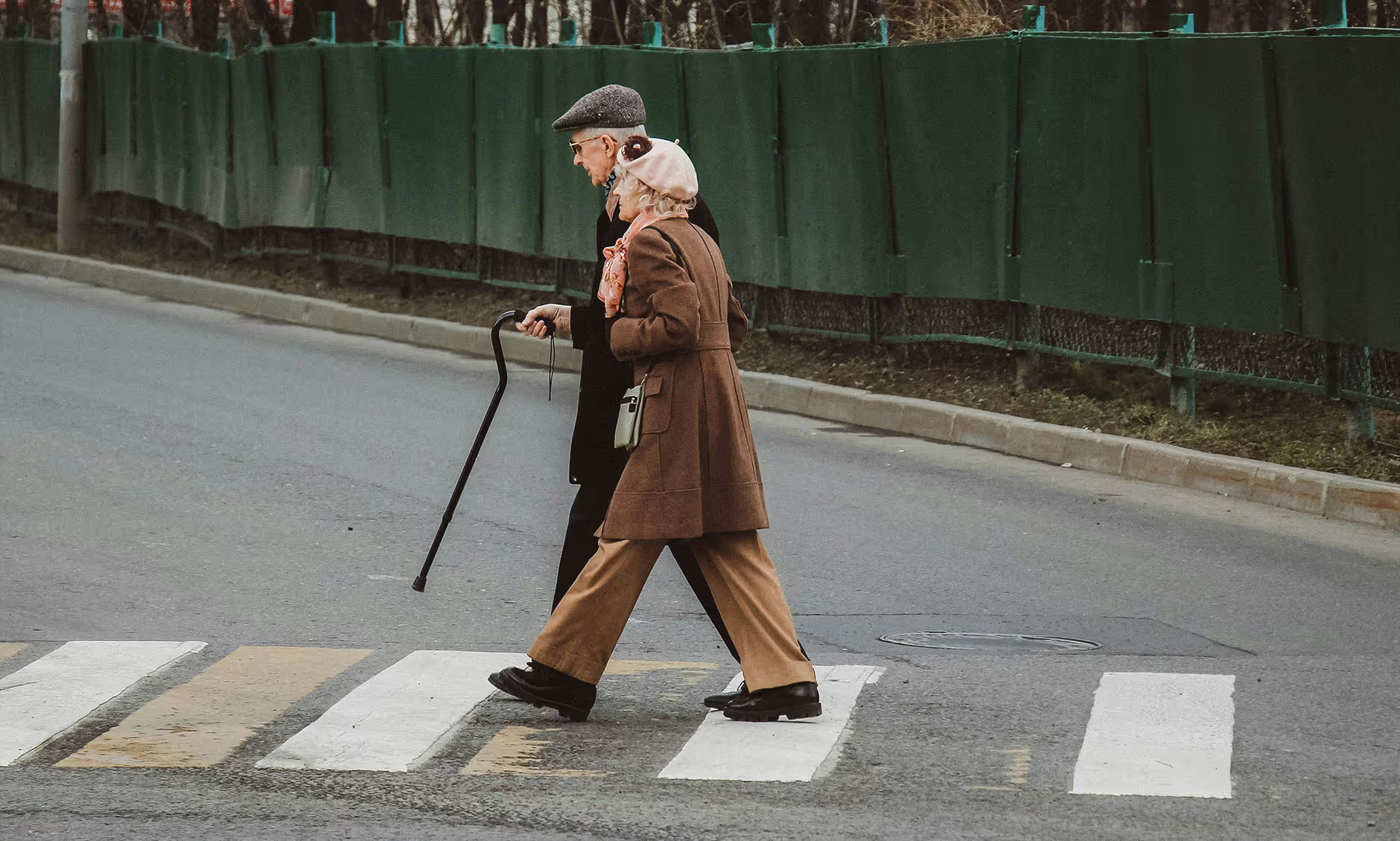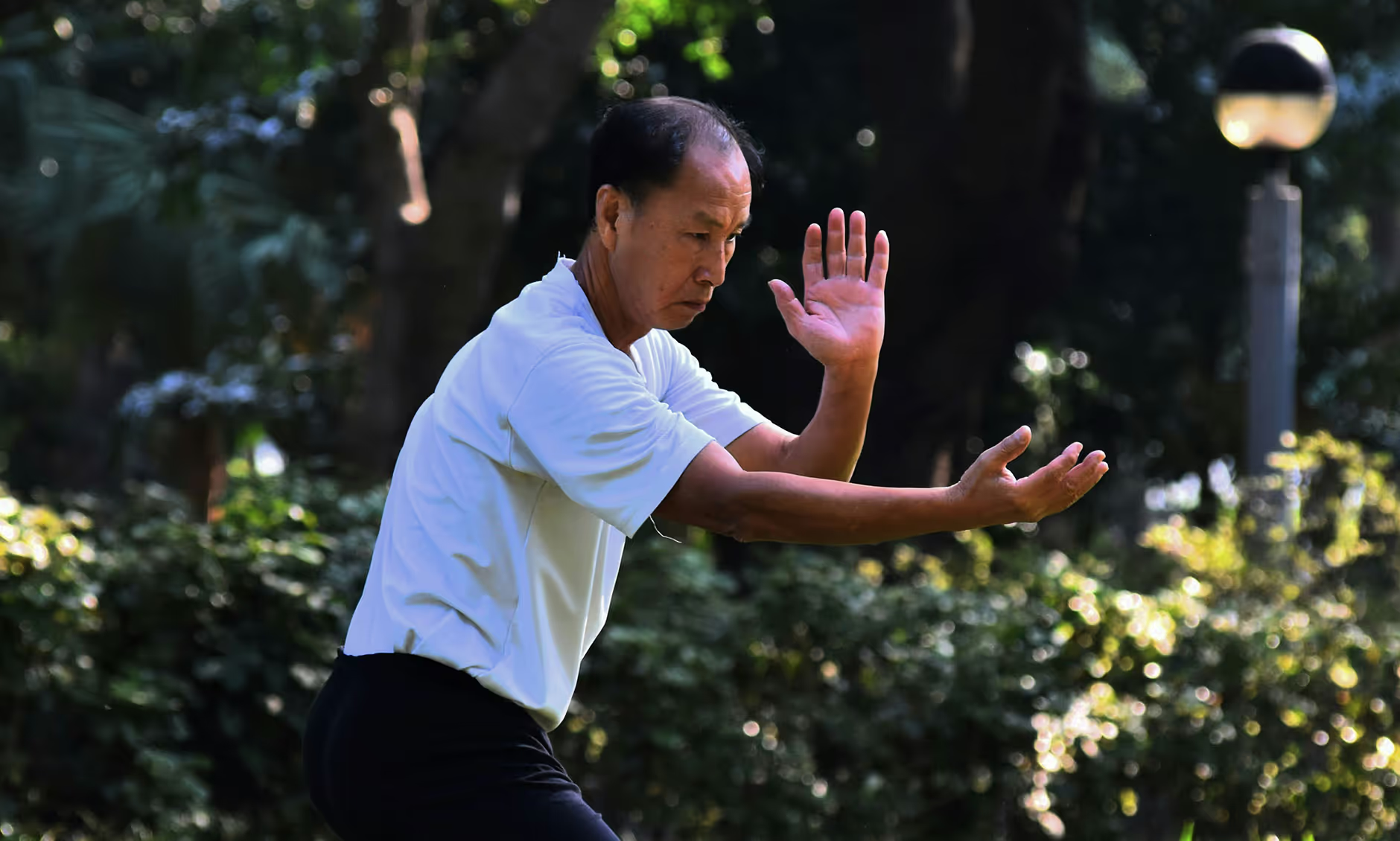Recently research has indicated that individuals over 40 years old who suffer from hearing loss, no matter how mild, are nearly three times more at risks of falling than those individuals who do not have a hearing loss. The risk of falling increases with more significant hearing loss. The relationship between hearing loss and risks of falls could be explained by the anatomical proximity of the auditory and vestibular systems in the brain. Decreased hearing may also limit access to auditory cues needed for environmental awareness and cognitive awareness, both of each play a role in maintaining balance.
Fall's Risk Evaluation
The first step in the balance assessment is the hearing assessment. The organ of hearing and the organ of balance are connected in the brain. Thus, when one is affected, there is a good chance that the other will be affected too. For this reason, at AudioSense, no matter the balance issue that you describe, we always start with a complete Hearing assessment.
Thai-Chi at YogiChi
AudioSense also offers Thai-Chi classes, which were specifically developed to promote good balance, posture, stability and flexibility to reduce the risks of falls. Thai-Chi is a gently form of exercise also known as "moving meditation". The slow, gentle and flowing motions of tai-chi can train your body to shift its weight and teach you to feel your feet, while breathing deeply. This offers a host of health benefits including improving mobility, balance and preventing falls.











